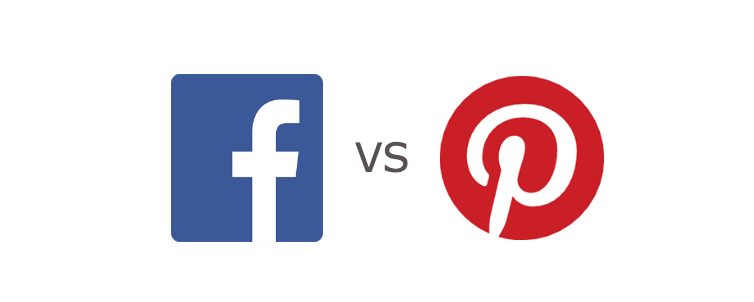
This year’s sweeping changes to Facebook’s newsfeed have proved to be the final straw in the social platform’s relationship with many magazine media brands.
From the publisher’s POV, dealing with yet another algorithm change that will drive even less referral traffic and sinking engagement – while positioning FB to make more money off its paid placement – just seems like too much investment for too little return.
“The big shift last year in terms of referral traffic was Facebook declining as a source of traffic for publishers while Google surpassed it,” writes Lucia Moses in Digiday. “Pinterest, along with Instagram, grew as traffic sources as well, although from smaller bases.”
With 200 million+ monthly users, it certainly has a decent sized base. And it’s crazy popular among a key demographic for many magazine publishers – the female 20-40-year-old looking for lifestyle content. So Pinterest is upping the ante to woo publishers, bringing on a new head of content whose job it is to help publishers succeed on the platform.
As Moses notes, many lifestyle brands are getting good engagement and social traffic on the platform. And according to Regina Buckley for Meredith, the platform is reaching out in new ways to publishers like herself.
“It’s material and growing as a referral source,” Buckley explains. “Yes, it does increase our interest in Pinterest, in light of Facebook. Pinterest is interested in being a real partner to us. They want to work together to grow both our businesses. That is definitely something I can’t say of all our distribution sources.”
Yet the big unanswered question remains – will this become more than a referral stream, and turn into an actual revenue stream?
We have a Pinterest page where I capture and post thousands of magazine covers – some that we have produced, and others that I just admire. But I’m not sure how many of those followers, re-pins or likes have translated into actual business. I’m certain that many of our 1,000+ followers are magazine lovers – graphic designers, publishers and the like – but is that translating into new revenue for our company?
Moses brings up a similar point.
“For now, Pinterest remains chiefly an awareness and traffic driver,” she writes. “Publishers, naturally, would like more, but seem hopeful about their relationship with Pinterest, having been chafed by the Facebook experience.”
Pinterest says it’s looking at ways to help publishers measure their content’s impact, and is also running some beta tests on possible monetization opportunities.
“All that sounds good in theory, but the big question for publishers is whether Pinterest will go beyond being a meaningful traffic source and become an actual revenue source,” Moses continues. “Those efforts are in their infancy, with limited ad sales opportunities and data, and after being burned by Facebook, publishers are leery of platforms’ promises.”
As long as the platform works with publishers – and doesn’t go down the Facebook path of trying to monetize our audiences – it’s worth exploring. Lifestyle and consumer brands certainly have a clear revenue stream potential here; we’ll have to see if it makes sense for the magazine industry to get pinned to this platform.
